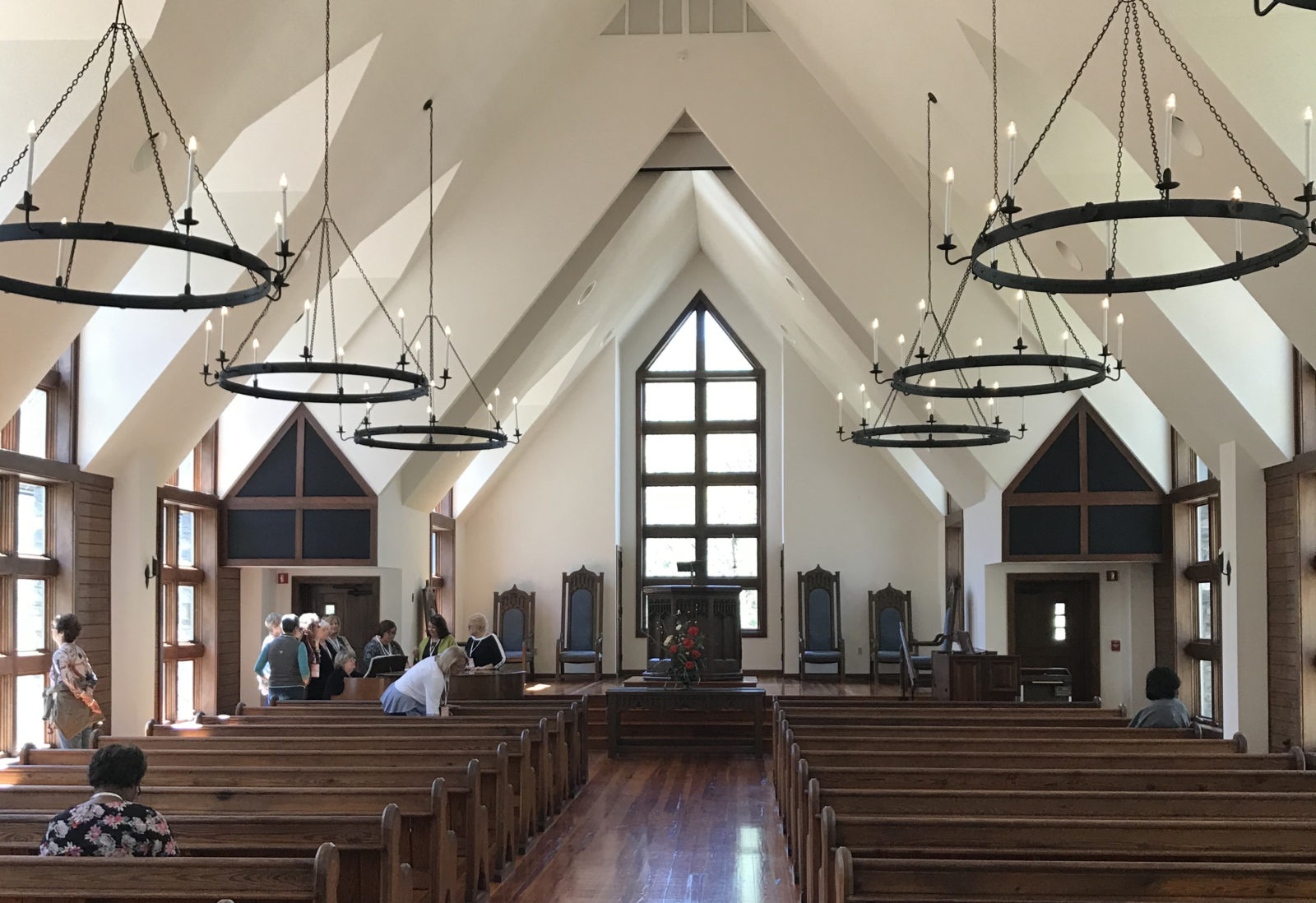My husband, Robbie, and I were helping host a stepfamily event for our church’s surrounding area. One Sunday, a man in the congregation approached me. He said, “Why have a separate event for blended families? Why can’t they just be ‘family’?”
His question articulates a common misunderstanding in the church about blended families. Yes, stepfamilies are families. And the effort to lump blended families with biological families may have noble motivations. But it is one of the ways the church has paradoxically neglected the unique needs of blended families.
Robbie and I are grateful to be part of a church supporting the needs of stepfamilies. Our church has hosted several events, developed small groups, and the pastor includes stepfamily needs in his sermons.
But not all churches are so welcoming.
Why support stepfamilies at church?
Remarried couples often feel unloved, even ashamed, like wearing a scarlet letter. So they hide in plain sight. One woman confessed three years elapsed before discovering other remarried couples in her small group. Half the families in the class were blended, but no one felt comfortable enough to admit it.
If the church is to embody forgiveness and renewal, what makes leadership reticent to openly support stepfamilies? Here are three common reasons.
1. Church leadership doesn’t want to appear to endorse divorce.
This might sound harsh. But when I consider the flippant attitude toward marriage in the current culture, I can understand this fear.
Marriage is a precious institution in God’s eyes. He created marriage (Genesis 2:22-25). He made marriage to be a fertile ground for raising godly children (Malachi 2:14-16) and companionship that merges body and soul (Mark 10:6-9). The Bible uses marriage as a likeness of God’s love for His people (Ephesians 5:22-33). Yet many in and out of church have lost respect for the institution.
Divorce is sad, not happy. It should only happen if absolutely necessary. And that’s not because it’s such a bad sin; it’s because divorce can have devastating effects. I’m grateful most churches take a thoughtful, intentional stand for marriage, and I hope it stays that way.
Yet that can happen even while helping those families who are learning to live again.
2. The church misunderstands the needs of blended families.
Biological families don’t have ex-spouses. Memories of a deceased spouse. Child support. Custody battles. Loyalty issues. Baggage from a previous marriage. Non-biological, non-adopted children.
Top these with guilt, second-guessing, pressure from other involved family members (like grandparents)—and remarried couples need more than basic marriage and family advice from the church.
Recognizing differences is not exclusion; it’s inclusion.
3. Most pastors and church leaders are not remarried.
If the best teacher is personal experience, when pastors and teachers draw from their own experiences—blended family isn’t there. And I’m thankful for that!
Scripture supports the need for pastors and lay leaders to have healthy marriages, and for good reason.
The pastor at our church is remarried after being widowed. So when he draws on his experience, it’s easy for him to remember the special needs of blended families like ours.
But a pastor doesn’t have to lose a spouse to know how stepfamilies feel. Church leaders can talk to remarried friends and seek advice on how to include their needs. Our pastor has done this several times with a group of blended families to receive their perspectives.
How to include stepfamilies at church:
1. Don’t assume the worst.
There are multiple combinations of blended families. My husband and I were both widowed. A friend of mine raised her child as a teen mother and later married a man who had never been married. Our pastor, as I mentioned, was widowed and married a woman who had never been married.
Some divorce because of abuse. Others because of abandonment. Even adoptive and foster parents can have blended-family issues as they incorporate children from other families.
It can be tempting to avoid blended couples. It may seem awkward or even scary to listen to their stories. But divorce and remarriage aren’t contagious!
Welcome these families into your home. Be patient with their complicated schedules. Don’t make them feel guilty for circumstances they can’t control.
In essence, practice grace.
2. Admit divorce and remarriage are not the unforgiveable sin.
Jesus said there is only one sin that is unforgivable—blasphemy of the Holy Spirit. “… I tell you, every sin and blasphemy will be forgiven people, but the blasphemy against the Spirit will not be forgiven” (Matthew 12:31-32). No mention of divorce and remarriage.
As for the biblical concept? Consider how Jesus handled the situation with a woman who had five previous husbands and was currently cohabitating (John 4:4-26). He treated her with the same loving care and respect He used with all sinners (like you and me). And He gave her living water without excluding her because of her previous marriages.
That’s grace.
3. Gather the appropriate help for blended families.
Sadly, few products are available for blended families, particularly from a Christian point of view. But thanks to people like Ron Deal and FamilyLife Blended, there are more now than ever. Go to FamilyLife.com/Blended for more information on books, radio programs, and conferences.
You can start a small group for blended families in your church, host a community-wide event for stepfamilies, invite your pastor and a local Christian counselor to speak, and leverage resources from FamilyLife Blended.
And if you’re a pastor, make it a practice to mention the unique needs of blended families in your sermons from time to time.
Just a mention is enough to lift a little of the burden of shame from their shoulders. And it lets them know they’re loved.
Copyright © 2020 by Sabrina Beasley McDonald. All rights reserved.

